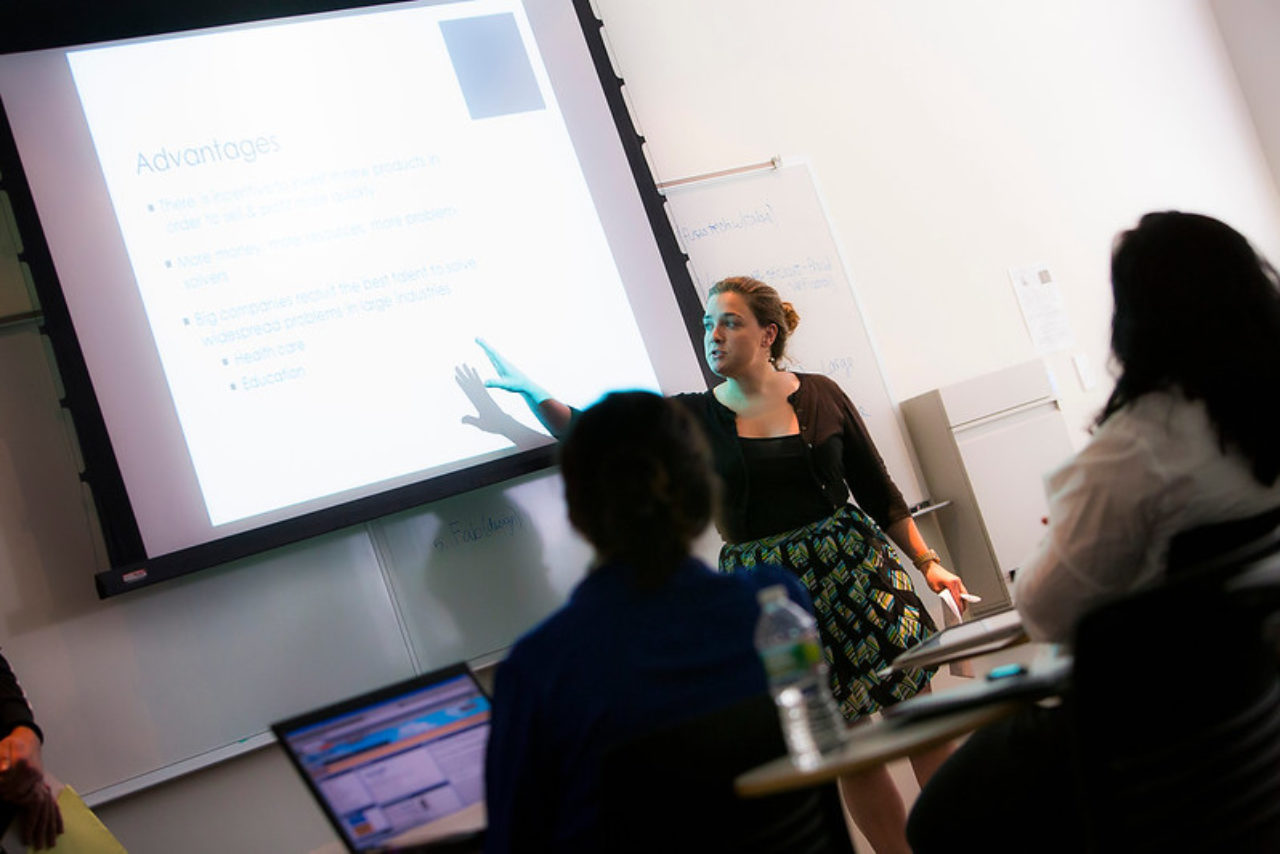Economics Minor

The Economics Minor introduces students to the basic concepts, theories, modeling approaches, and methods of economics. The 15 credit minor consists of two required field courses, a required methodology course, a modeling course that can be satisfied by taking one of two courses, and an elective from economics or finance.
REQUIRED COURSES
- ECON 2001 Introduction to Microeconomics
- ECON 2102 Introduction to Macroeconomics
- ECON 2250 Economic Methods
- ECON 4844 Game Theory or ECON 4845 Agents in the Matrix
ELECTIVE COURSES
- One course to be selected from the 2000- or higher-level offerings in economics (ECON) or finance (FIN).